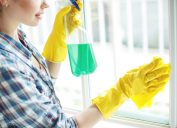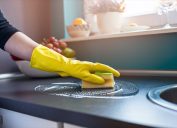This Cleaning Hack Will Actually Ruin Your Clothes, Experts Say
There's a reason these cleaning hacks seem to good to be true: it's because they are.
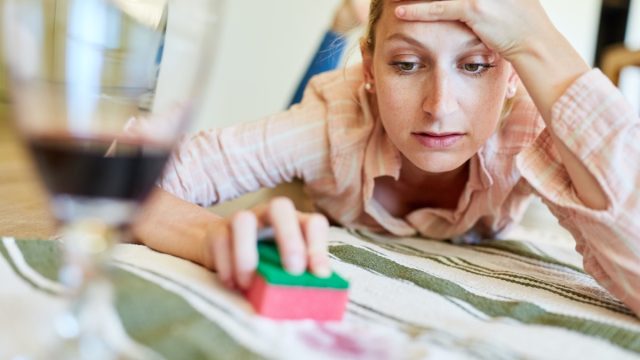
If home is your haven, it's a special treat when your space is sparkling clean. Unfortunately, many of the cleaning hacks you'll find on the internet are simply too good to be true. While Pinterest boards and Instagram reels are rife with quirky DIY solutions to your home's more pressing problems, few of them actually have what it takes to get the job done.
In fact, there's one cleaning tip that's often repeated, but can actually make things worse if you try it: using cornstarch to get burn marks out of clothing.
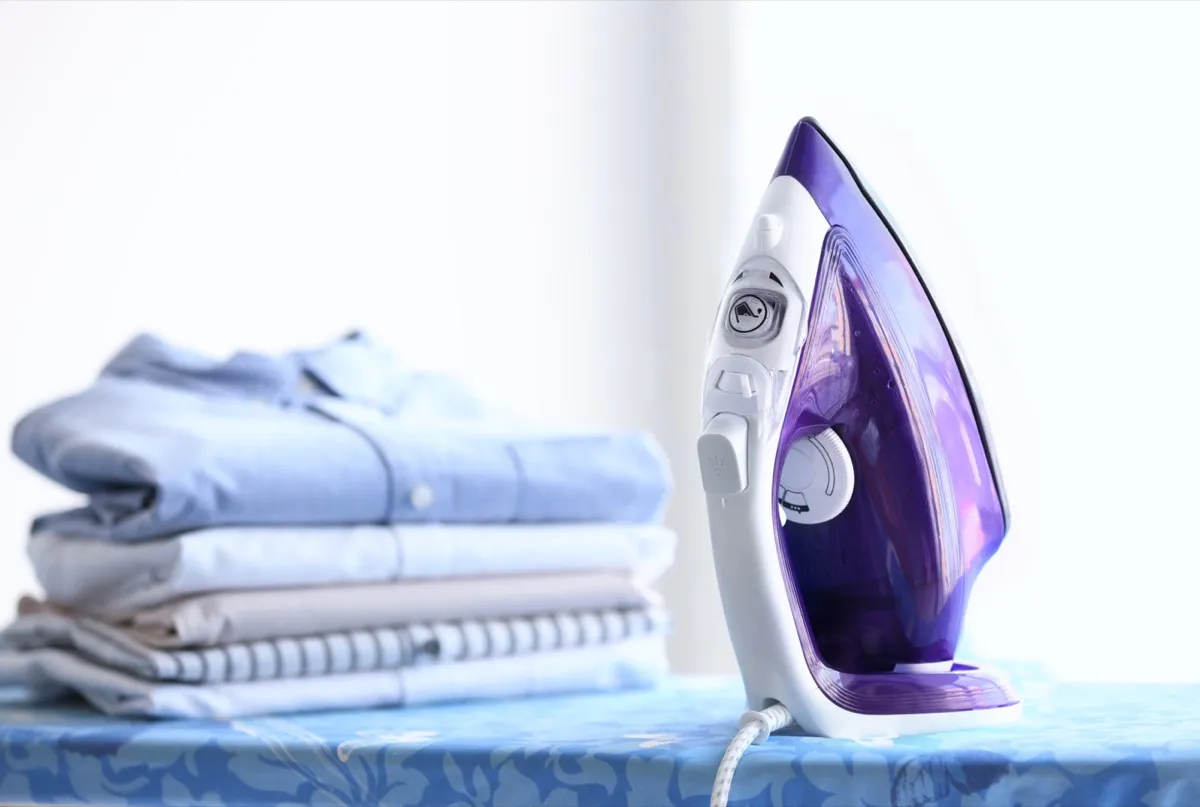
"It's a myth that cornstarch can bring fabric to life again, especially fabric that has been burned by an iron," warns Sean Parry, a cleaning expert at the London-based home cleaning company Neat Services. In fact, it could make your garment look worse in the long run. "That's only going to grease up your clothing," Parry explains.
However, that's far from the only cleaning tip on the internet you're better off ignoring. From sharpening the garbage disposal with egg shells to making your drapes dust-proof with hairspray, here are all the home hacks you should promptly disregard. And for the cleaning tips you should embrace, check out these 20 Genius Tricks That Cut Your Cleaning Time in Half.
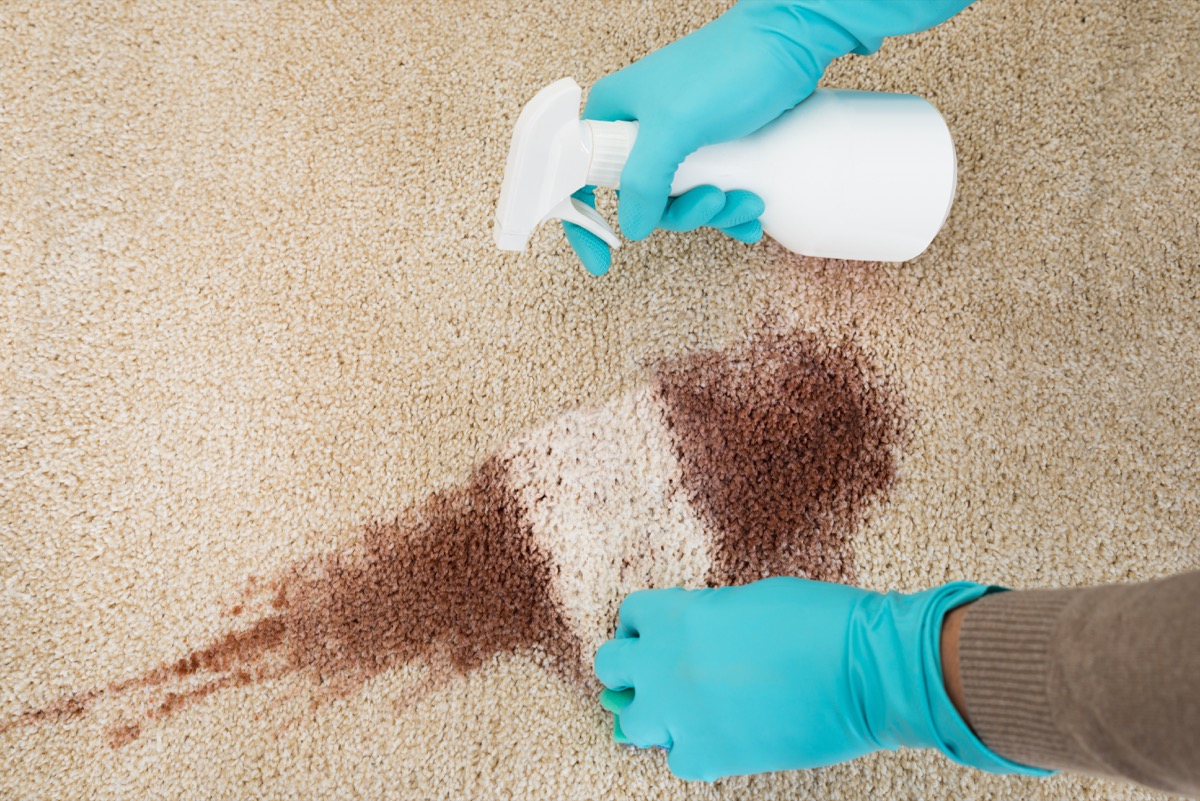
Homeowners may be tempted to clean their carpets themselves with store-bought products, but James Neal, owner of Rainbow International of Northern Cook and Lake Counties, a Neighborly company, explains that this could leave your carpets worse than you found them. That's because carpets can collect pollen, mold, and dander that regular carpet cleaners don't address—and Neal warns that in some cases, store-bought cleaning products can even cause stains to get bigger, brighter, or more discolored.
"It's important to keep in mind that many carpet manufacturers will ask for receipts or proof of professional cleaning services if calling about an issue with the carpet," explains Neal. Experts will be able to assess "the fibers and chemistry of the carpet," which he says is an essential component of cleaning carpets without damaging them. And for more cleaning mistakes to avoid, check out The One Thing You're Doing Wrong Every Time You Disinfect.
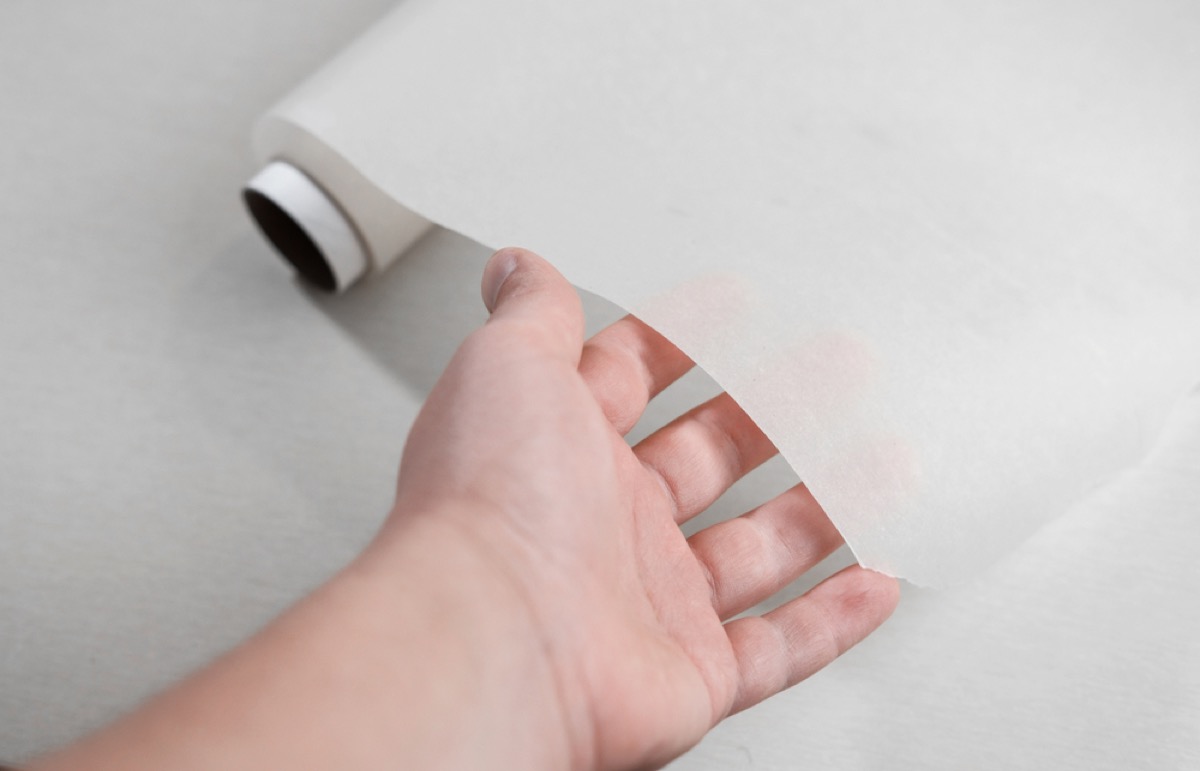
Think separating your linens with wax paper will protect them? Think again.
"Putting wax paper between linens in a drawer to prevent color transfers and bleeds sounds inspired, but wax paper has a tendency to rub off on fabrics," explains Parry, who notes that the wax can even melt onto your clothes. Instead, Parry recommends storing your fabrics and linens using acid-free tissue paper.
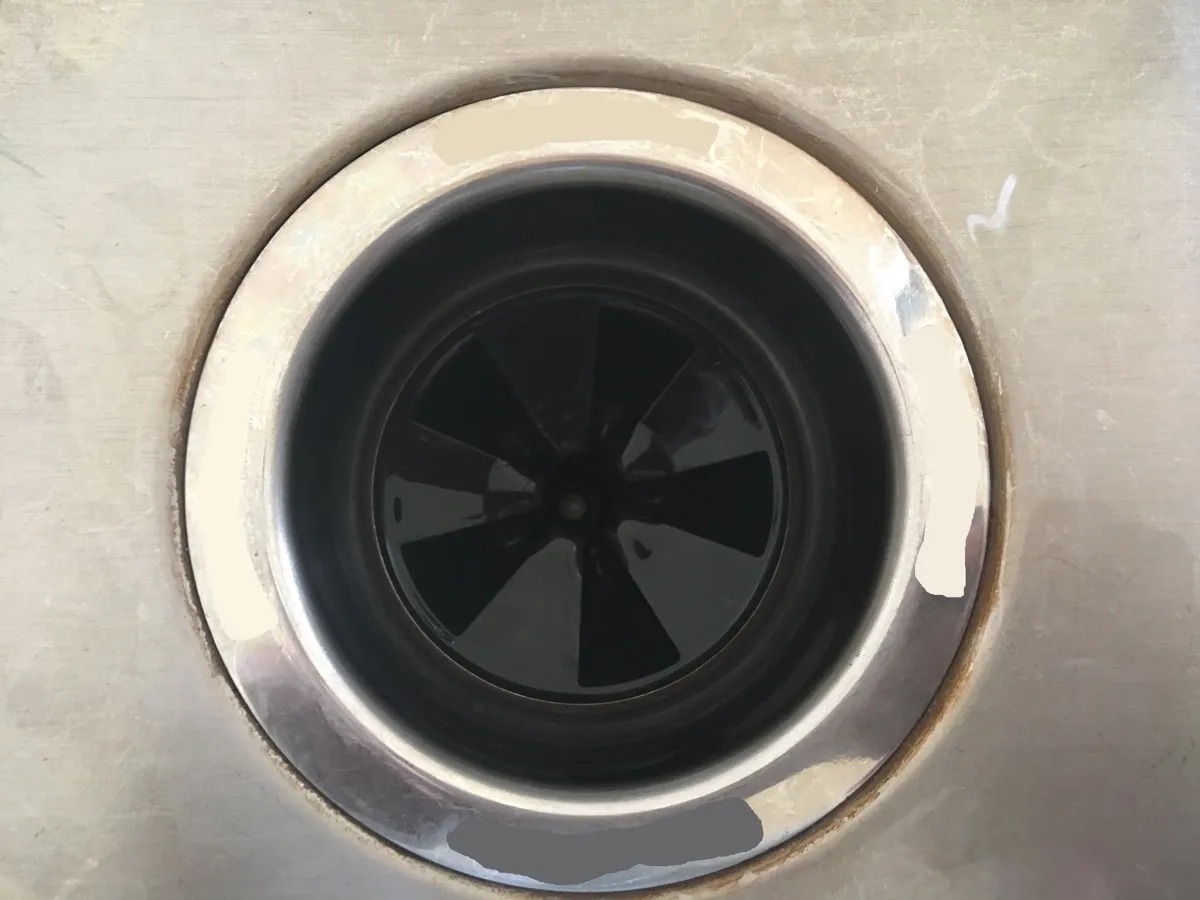
While some people will swear up and down that eggshells are great for cleaning garbage disposals, experts say the opposite is true. "The membrane layers of eggshells can wrap around the shredder ring, potentially damaging the disposal," explains Doyle James, president of Mr. Rooter Plumbing, who notes that ground eggshells may even cause clogged pipes over time.
Instead, to deodorize and clean, James suggests slowly pouring half a cup of baking soda into your disposal, followed by a cup of vinegar, followed by a pot of boiling water. "Finally, fill the drain with two cups of ice, adding one cup of coarse rock/sea salt," and follow it with cold water, says James. And for more great cleaning tips delivered to your inbox, sign up for our daily newsletter.
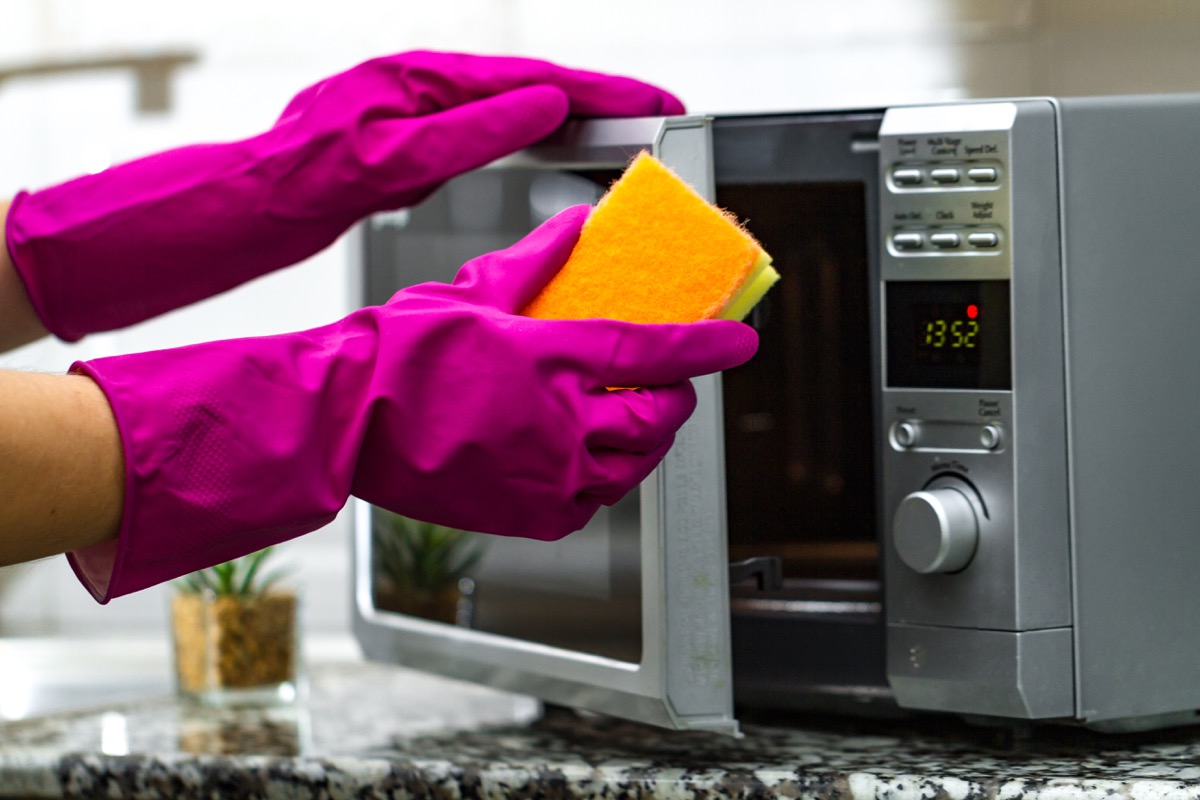
Sanitizing sponges in the microwave sounds like a convenient way to keep those cleaning tools around for longer without inadvertently spreading bacteria through your home.
Unfortunately, a 2017 study published in Scientific Reports reveals that attempting to clean your sponges may actually make them smellier—and can cause the most dangerous bacteria on them to thrive and repopulate quickly. And for tips on how you should be cleaning, check out these 20 Things In Your Home You Didn't Realize Need Cleaning.
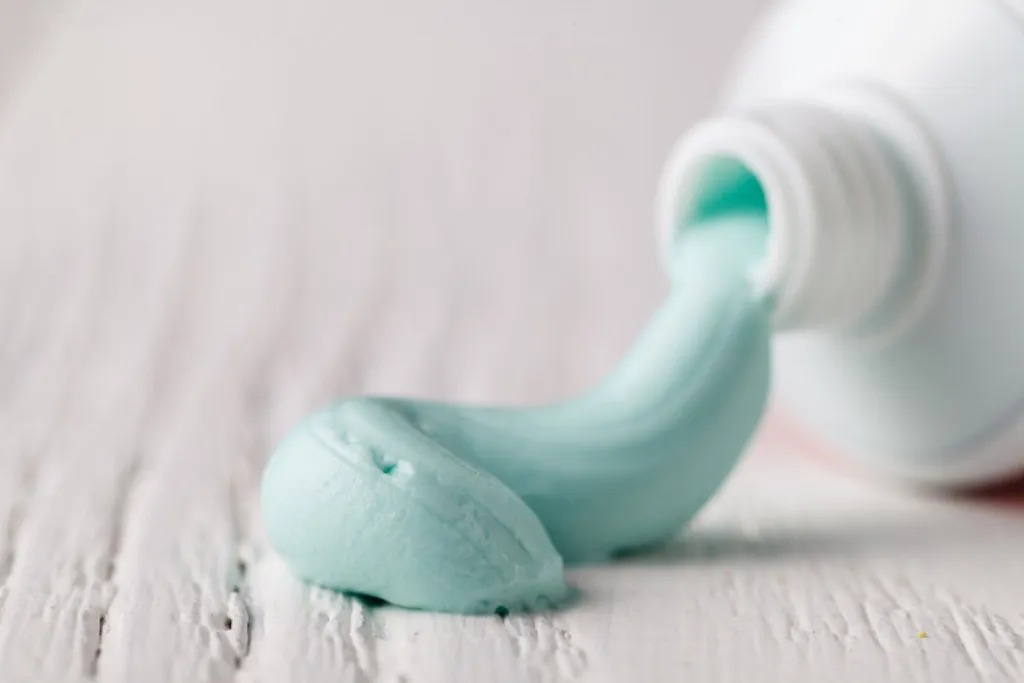
Many a Pinterest page recommends polishing your silverware with toothpaste. However, toothpaste is far too abrasive to use safely on silver surfaces and can lead to possible damage. "Instead, soak silver in a bath that is a mixture of boiling water, salt, vinegar, and baking soda for 30 seconds, dry the pieces, and buff them with a cloth," explains Parry, who says that store-bought products can work wonders on scratched silver pieces, too.
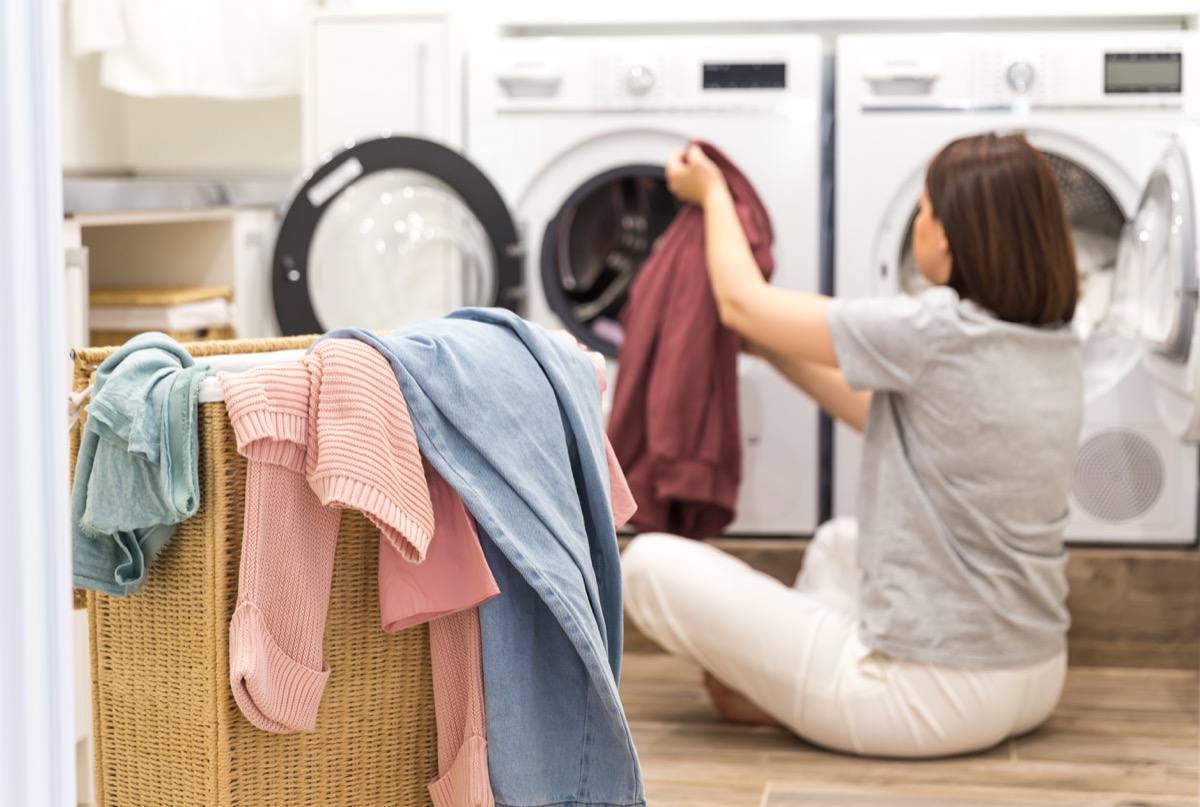
It makes sense that so many people would think that adding more clothing detergent would result in cleaner clothes. But as Chris Blanchette, franchise owner of Mr. Appliance of the Merrimack Valley, points out, doing this can damage a washing machine's pump and drain, and actually redeposit dirt and grime back onto your clothing.
Instead, Blanchette suggests sticking to the recommended amount listed on the detergent bottle to prevent these extra suds. "In addition to your regular laundry detergent, adding one tablespoon of 20 Mule Team Borax to every load of laundry does wonders for both your clothes and washing machine," he shares. This will help to keep the detergent evenly dispersed, which in turn eliminates soap residue and buildup in your machine. And for more housekeeping mistakes to avoid, check out these 15 Ways You're Cleaning Your Bathroom All Wrong.
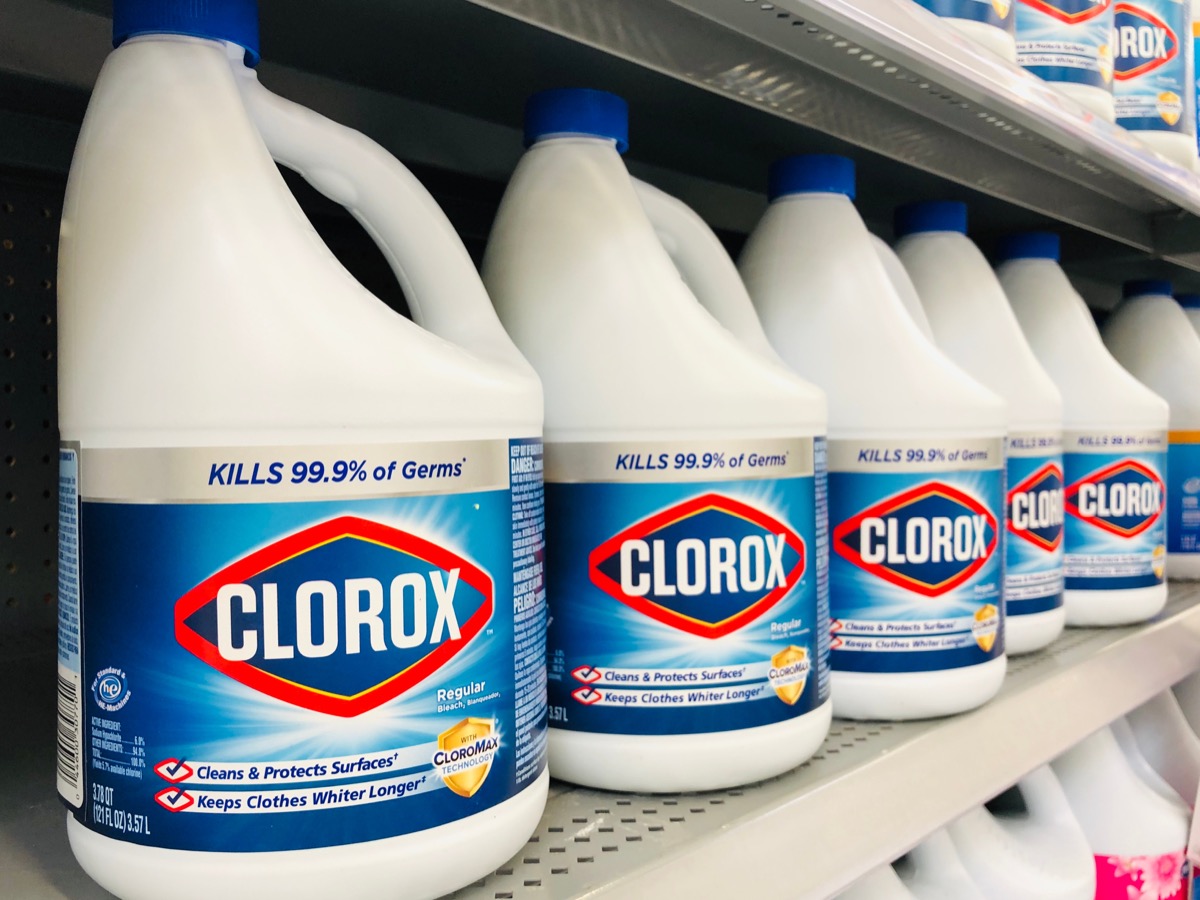
Nothing makes the appliances in your home look older and more out of date than rust, but Parry says that using bleach to remove any rust stains on metal surfaces can do more harm than good.
"Bleach has oxidizing properties that could actually make the rust problem a lot worse," he explains. Instead, he recommends covering the area with salt and laying a vinegar-soaked cloth over the stained area, allowing it to sit for 30 minutes.
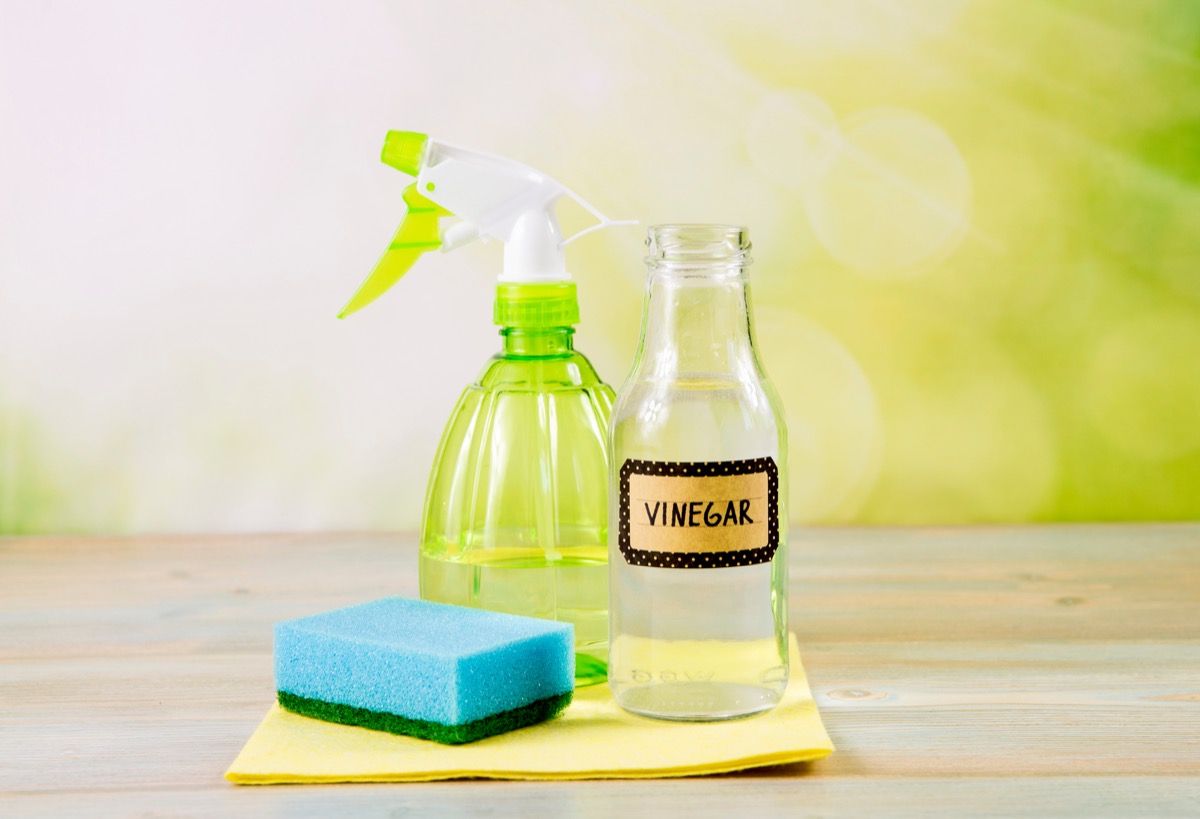
Vinegar can work as a natural cleaning fluid on many surfaces, but that doesn't mean you can use it everywhere, contrary to what the internet would have you believe.
These suggestions overlook an obvious side effect of cleaning much of your house with vinegar: the overwhelmingly sour smell it can leave behind. If you do opt for a vinegar-based solution, make sure you only use it on non-porous surfaces that won't absorb the scent. In other words, forget using it to spot clean area rugs, curtains, or untreated wood, as some sites suggest. You should also avoid using vinegar on any stone surfaces, like countertops, as it can degrade them over time.

Many websites have touted the virtues of cleaning your windows and mirrors with newspaper. But according to Brad Roberson, president of Glass Doctor, this advice is out of date.
Roberson explains that newspapers were once made out of a much thicker material than they are today. "This means they quickly can deteriorate when wet and leave newsprint spots on your mirror frames and window sills (not to mention your fingers) and leave streaks across these surfaces," he says. Instead, opt for a clean, dry, microfiber cloth.
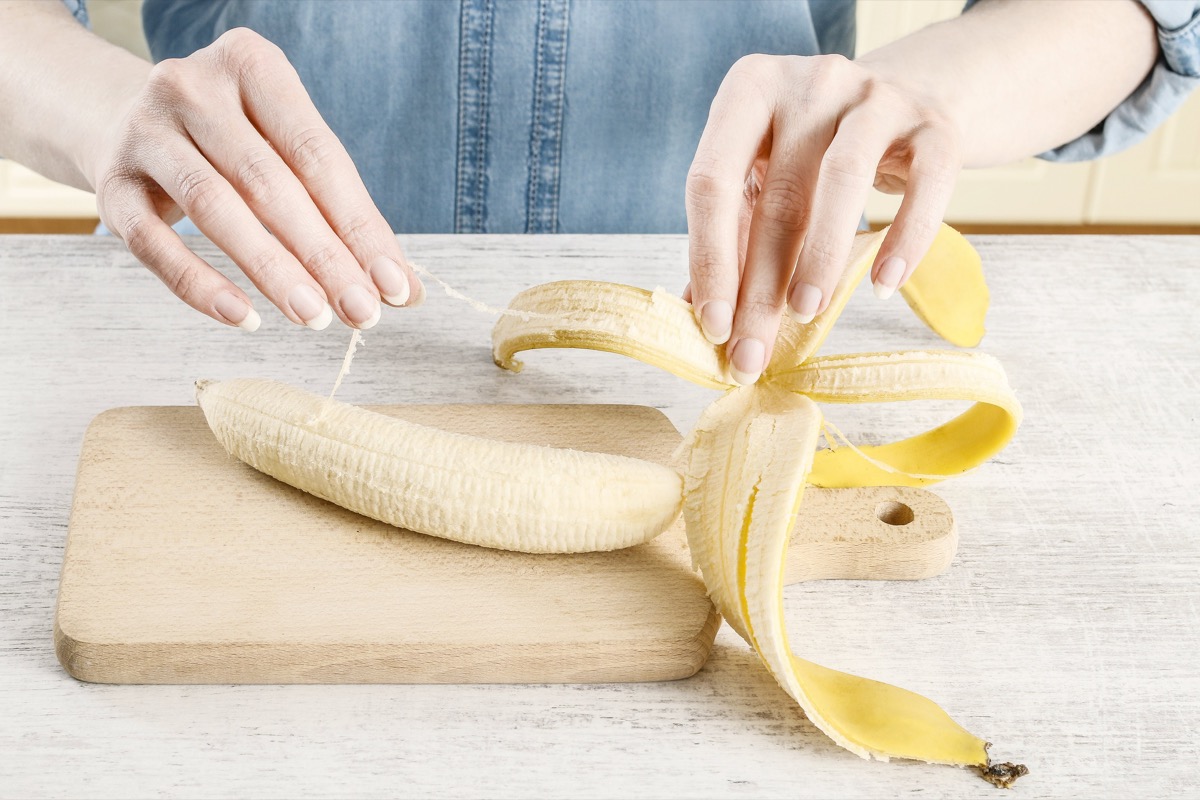
Bananas have been touted as the surprising solution to many minor problems. They can supposedly whiten teeth, help remove warts, draw out splinters, polish silver, and shine your shoes.
But Parry warns that the benefits of banana peels are most likely overstated. As a shoe shine, "the banana peel can work much like a wax and coat the outside of your shoes," but won't condition the leather, he says. Even more importantly, he adds, "you also run the risk of leaving strings and banana chunks all over your shoes."
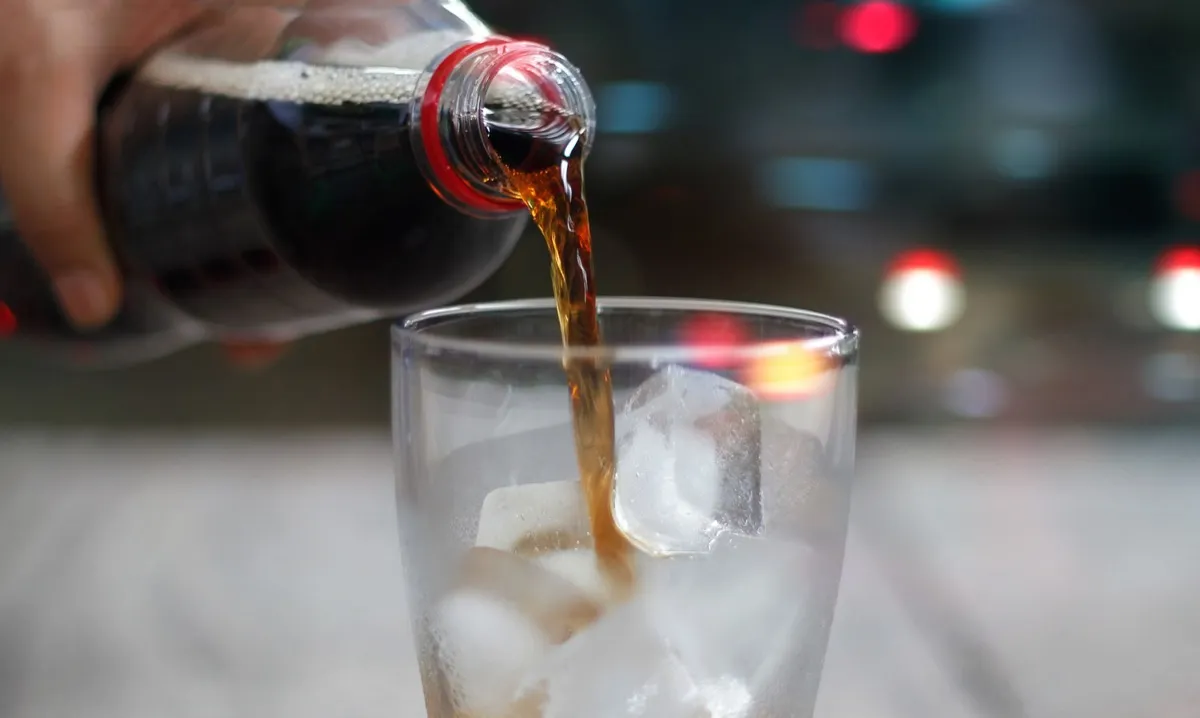
Putting soda like Coca-Cola in your toilet bowl is a prime example of a hack that gained popularity because it seemed so unlikely—and indeed has proven too good to be true.
"It won't work as a cleaner," says Parry. "While the citric and phosphoric acid in carbonated beverages might take away some stains and rust, the rest of the ingredients in your common cola might damage surfaces." Worse yet, Parry explains that the sugar in that can of soda can encourage bacterial growth in your toilet.
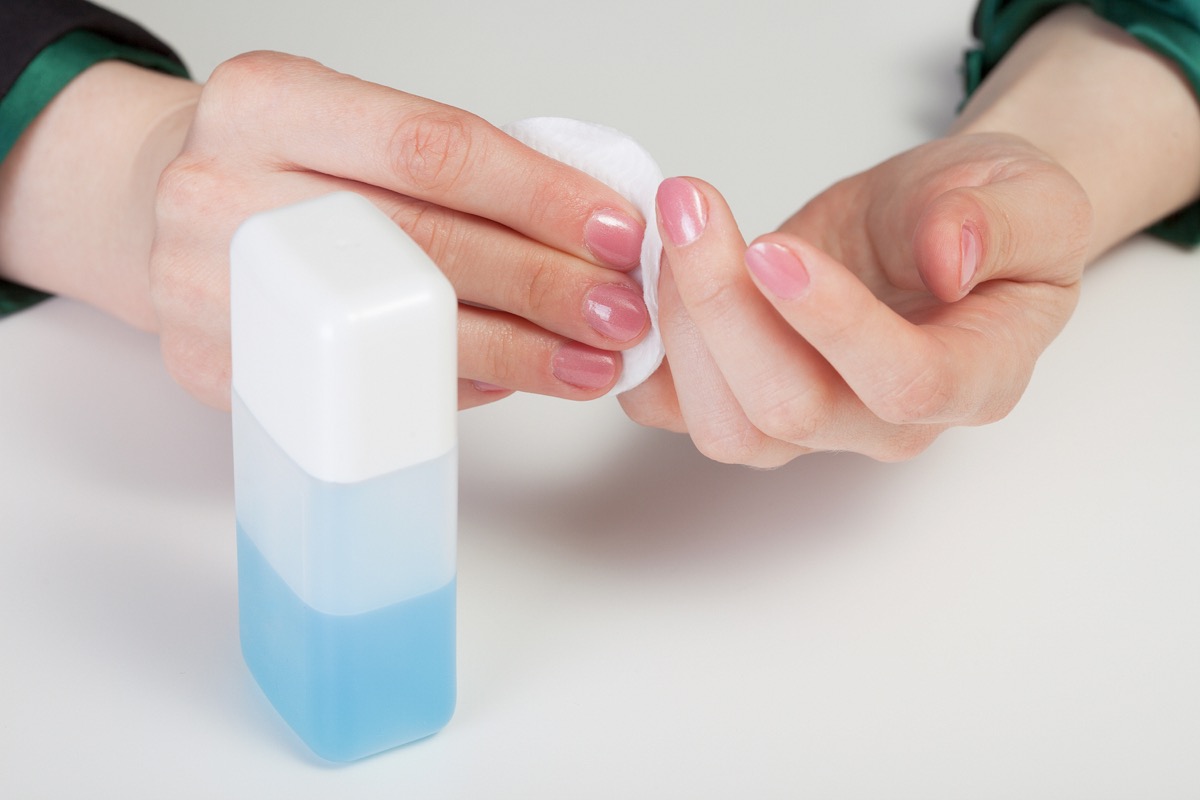
Got a stubborn stain on your floor or wood furniture? Some websites suggest cleaning it with nail polish remover.
But don't go rummaging through your medicine cabinet just yet! Nail polish remover is so powerful that it can actually strip wood of any varnish, paint, or sealant on its surface.
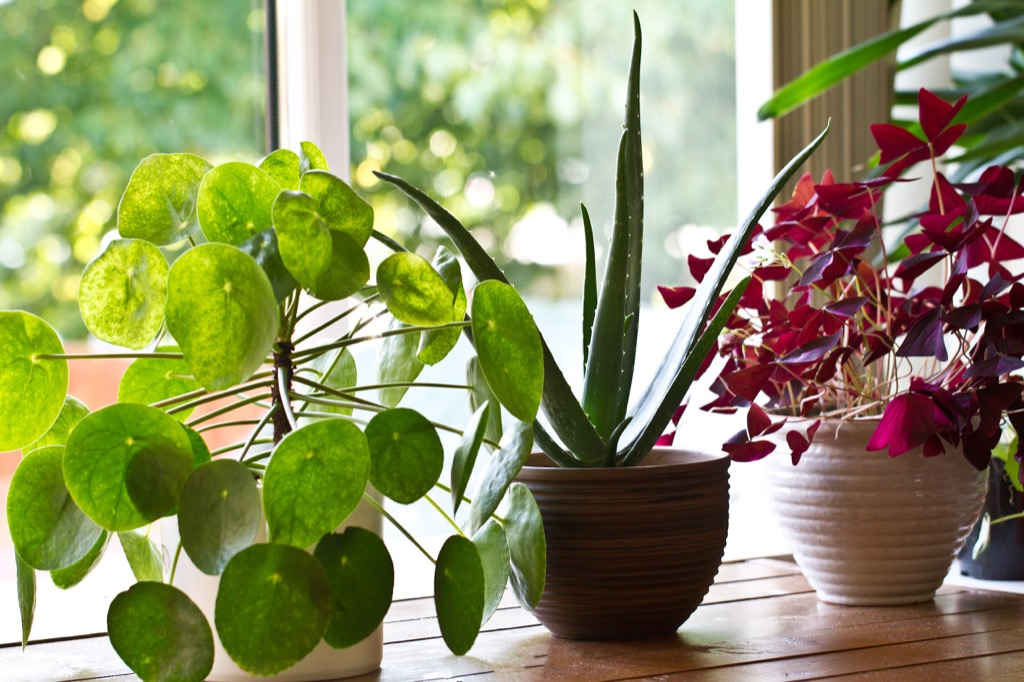
Do your plants get dusty? Many people claim that spraying olive oil on the leaves is a simple hack for helping your plant regain its former luster.
Unfortunately, this idea is shortsighted. In the long run, olive oil will only trap more dust by leaving a sticky coating on your plant's leaves.

Many homeowners believe that applying hairspray to their drapes keep the dust at bay, but even if this hack works in the short term, it could also do long term damage.
If your drapes are made of any fine fabric, the harsh chemicals in hairspray could easily cause their fibers to degrade. But even more importantly, spraying your home decor down with something so highly flammable could prove to be a dangerous fire hazard, especially if your drapes are located near an electrical socket.
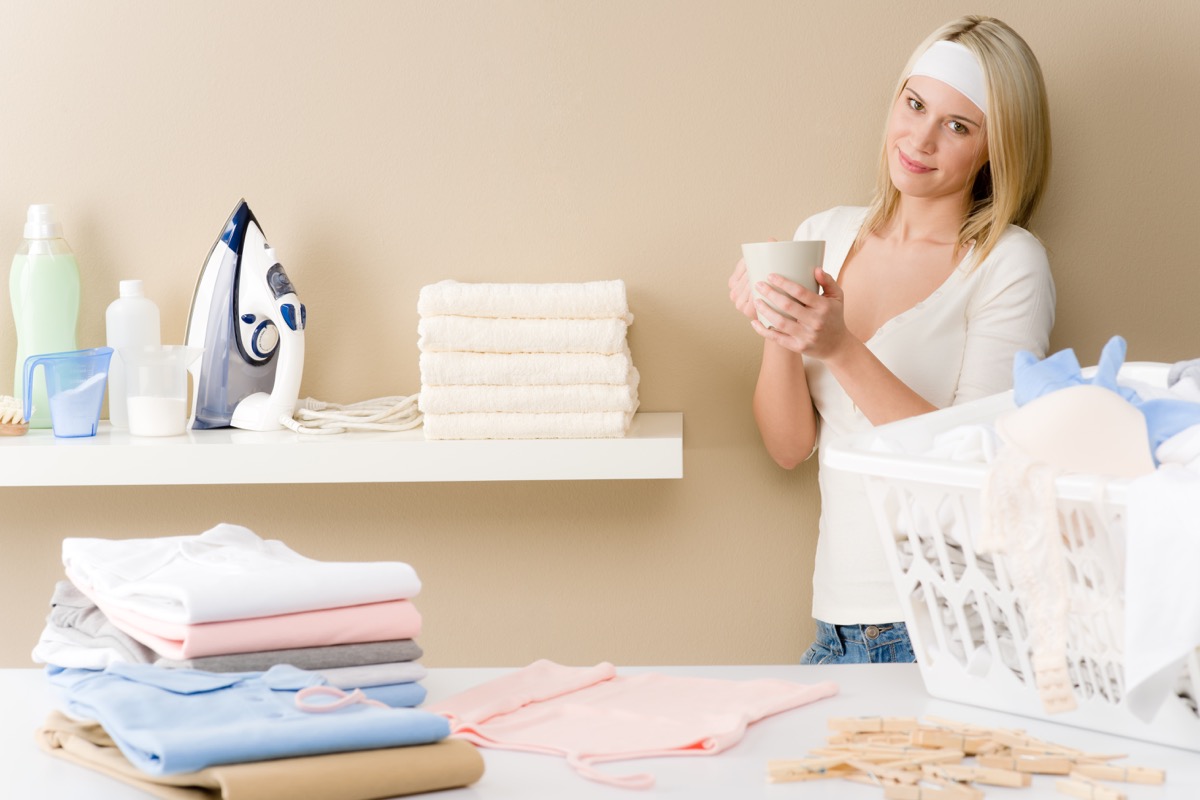
Rumor has it that adding a cup of black coffee to your laundry can help keep your black fabrics dark. And while this may have a minor effect on the color of your clothing, it's just as likely to interfere with your washing machine and deposit stains on future loads of laundry.
Best case scenario: your black shirt is slightly blacker. Worst case scenario: your clever "hack" has invalidated your appliance's warranty policy.
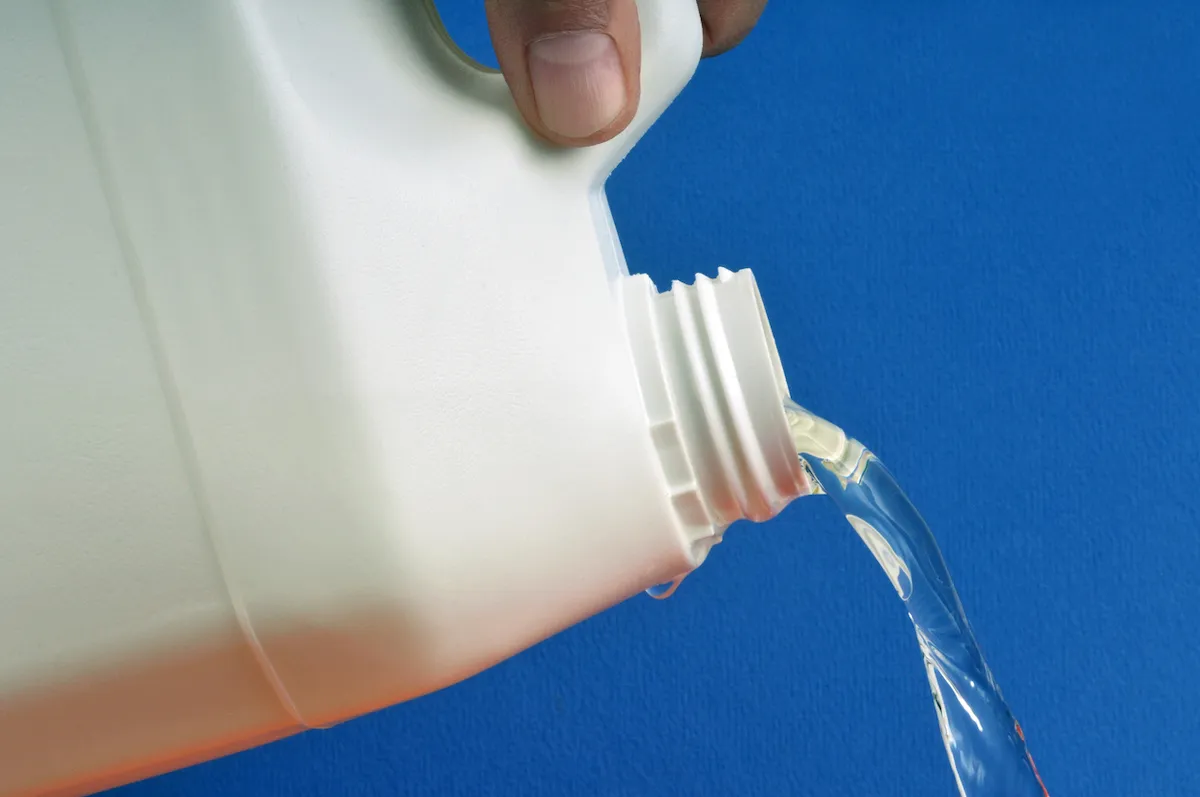
It makes sense that people would think that using pure bleach is more effective at cleaning and disinfecting than a diluted mixture. But according to The Scripps Research Institute, "bleach is more effective at killing germs when diluted than when used straight out of the bottle," with a solution of nine parts water to one part bleach recommended for most uses around the house.
Unfortunately, diluted bleach is less stable, and therefore has a shorter shelf life. It only remains potent for roughly one day, so you'll need to mix a new solution the next time you clean. And for more ways to keep your home spotless, check out these 23 Cleaning Tips From The CDC.

